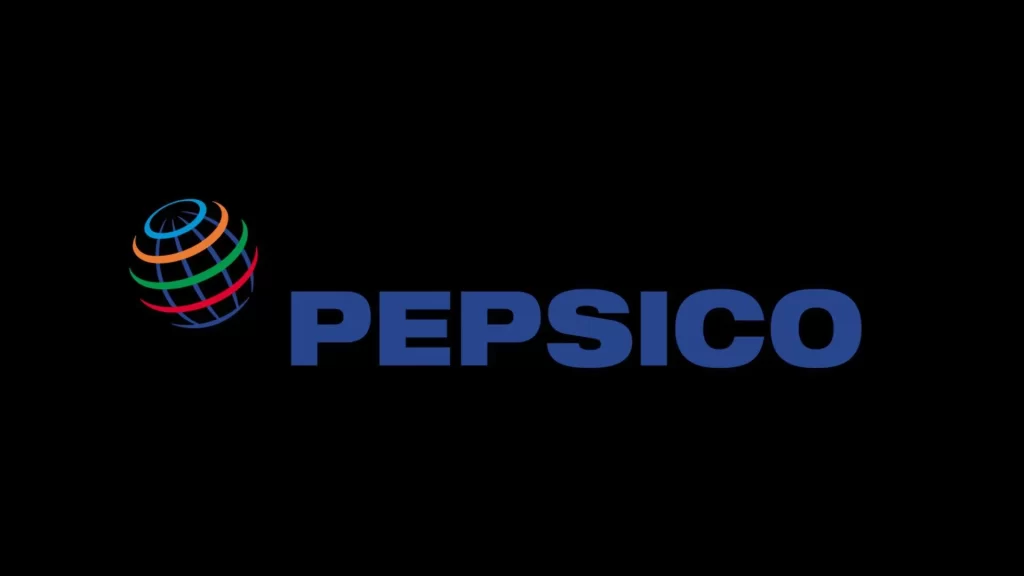PepsiCo (PEP) CEO Ramon Laguarta said GLP-1 drugs for weight loss and diabetes, such as Ozempic, Wegovy, and Mounjaro, aren’t yet having an effect on the business.
In the company’s second quarter earnings call on Thursday, Laguarta attributed softer sales in the quarter to a consumer behavioral shift, saying consumers have become more value-conscious, “cautious,” and “choiceful” in their purchases. “I don’t think GLP at this point … has a material impact in our category for sure,” he said. “And we have a lot of panels and we have a lot of conversations with consumers. It’s not impacting us.”
The demand for GLP-1 drugs has skyrocketed. In 2023, Novo Nordisk’s diabetes and weight-loss drugs — Ozempic, Rybelsus, and Wegovy — brought in $21 billion in sales, an 89% increase over the year prior. That has led some on Wall Street to anticipate a looming threat for food and beverage companies should consumers cut back on salty snacks, though others have pushed back, saying the outlook isn’t so dire.
While less than 1% of the US population is currently taking GLP-1s for weight loss, a Morgan Stanley study in late 2023 projected that 25 million to 50 million Americans may be taking these drugs by 2030. The projected increase in GLP-1 use could lead to a 1% to 3% decrease in the national calorie intake, according to Morgan Stanley’s report.
With the food category contributing 59% of PepsiCo’s net revenue last year, the company could see the effects of weight-loss drugs in the future, something executives are monitoring.
PepsiCo reported revenue of $22.5 billion for the second quarter, slightly below estimates of $22.59 billion, while earnings beat estimates at $2.28 per share. Impacted by both the Quaker Foods recall and a more value-conscious consumer, the amount of food product sold in the second quarter was down 2% compared to last year.
“We feel that the issue is an issue of value,” Laguarta said. “It’s not an issue of anything else.”
Laguarta explained that the company is facing the effects of inflation and its impact on consumer mindset.
“I know that for many categories, the multiple-year inflation that we had to take because our input costs went up has created some perception and some reality in a lot of households that food is expensive,” Laguarta said. “Now that our costs are kind of normalizing, … how do we deploy those resources against what are the best levers to reignite growth? And again, it will not be a blanket approach. It will be a segmented approach.”
“This is not just a PepsiCo problem,” RBC Capital Markets managing director Nik Modi said. “This is a problem for the entire snacking industry. And, quite frankly, the entire packaged food industry is under a lot of pressure.”
Laguarta expressed confidence in Pepsi’s ability to regain customers by offering value through promotions, pricing, marketing, and innovation. “There is nothing in terms of consumer long-term trends that tells us that that’s not possible,” Laguarta said.
“As we get through this earnings season, it’s going to be very evident that packaged food companies are going to have to spend more money than they originally thought to really drive volume in this current environment,” Modi noted.



